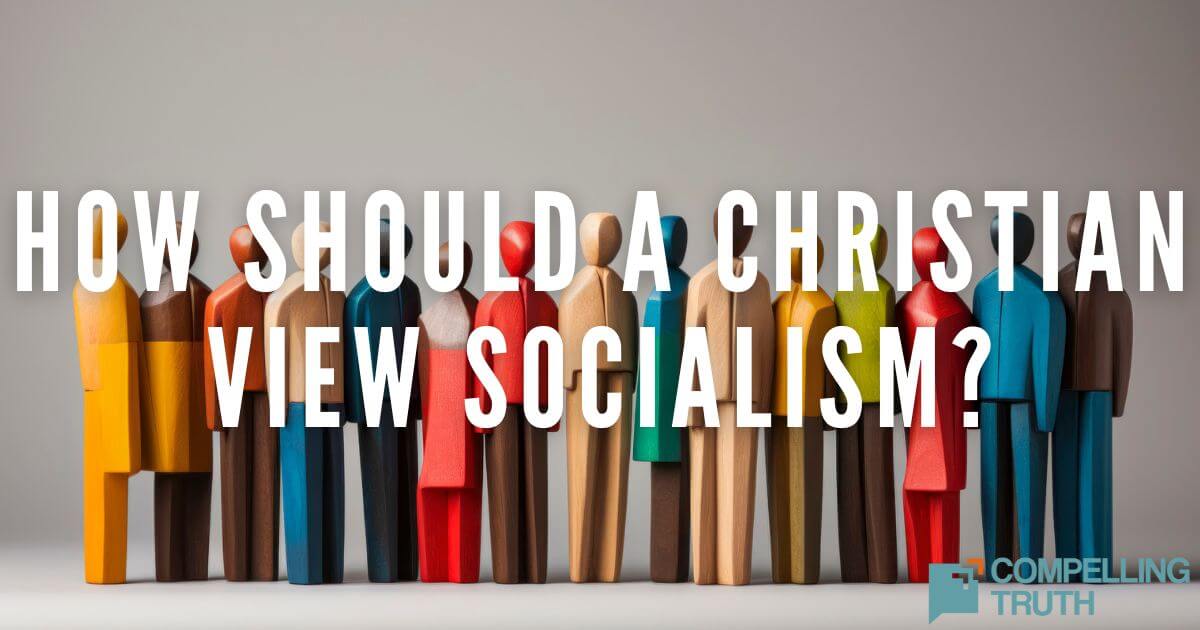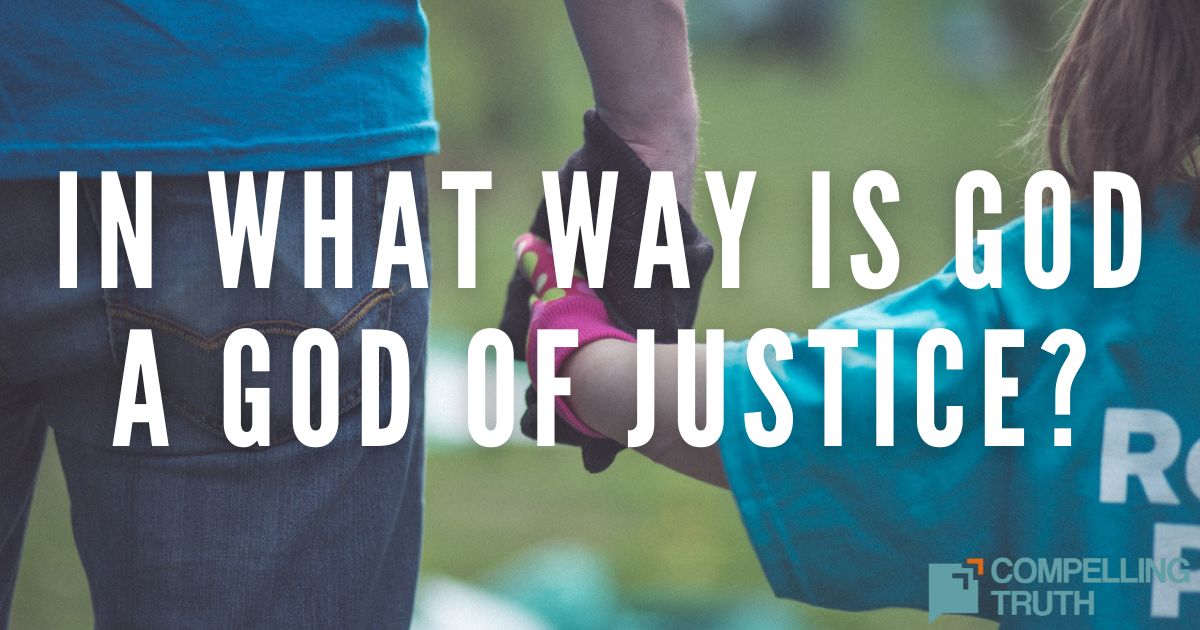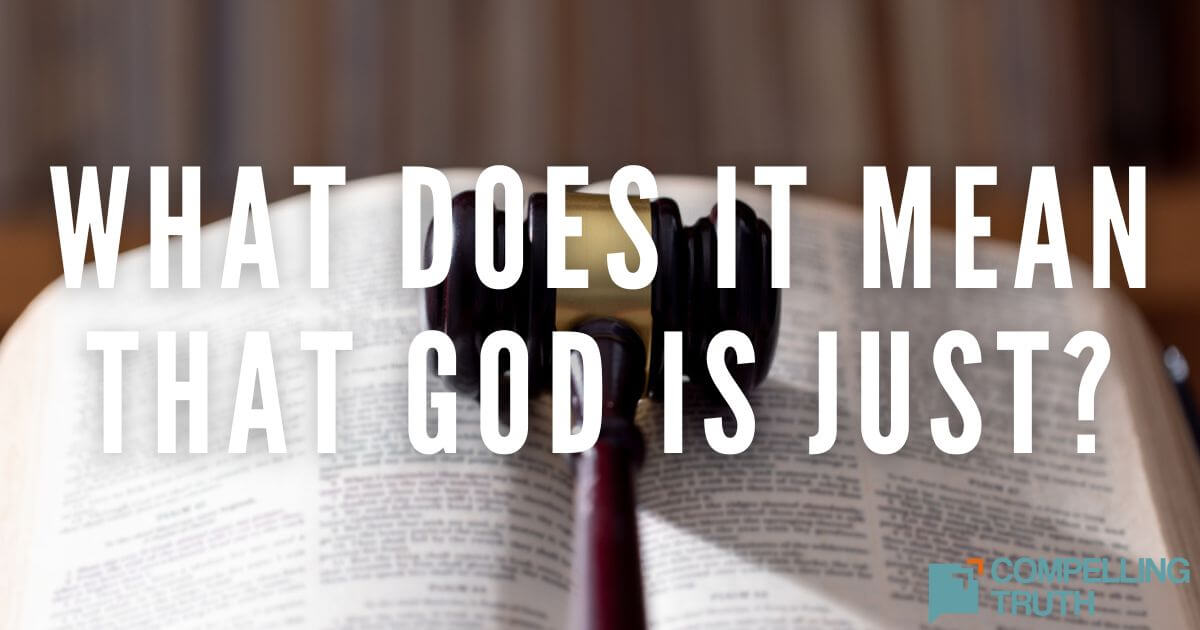what does the bible say?
“Social justice” usually refers to efforts to ensure equal treatment and opportunity, often through laws or social movements. Historically, it has supported worthy causes—such as racial equality—but it has also been used to promote systems that aim for equal results among groups rather than equal standards. In this view, justice is often judged by outcomes—how wealth, power, or recognition are distributed—rather than by righteousness or moral responsibility.
The Bible, however, grounds justice in God’s own character. He loves righteousness (Psalm 33:5), shows no partiality (Deuteronomy 10:17), and calls His people to truth, fairness, and mercy (Micah 6:8). Scripture teaches that every person bears God’s image (Genesis 1:27), that property and work are good (Exodus 20:15; 2 Thessalonians 3:10), and that generosity should be voluntary, not coerced (Deuteronomy 15:7–11; Acts 5:4). Jesus summarized the law as love for God and neighbor (Matthew 22:37–39) and modeled mercy across social and ethnic boundaries (Luke 10:25–37).
Biblical justice, therefore, differs from social justice in both source and purpose: it originates from God’s holiness rather than human systems, and it aims for moral integrity and compassion, not forced equality. True justice starts in hearts transformed by the gospel and shows itself through personal righteousness, mercy, and love for others.




